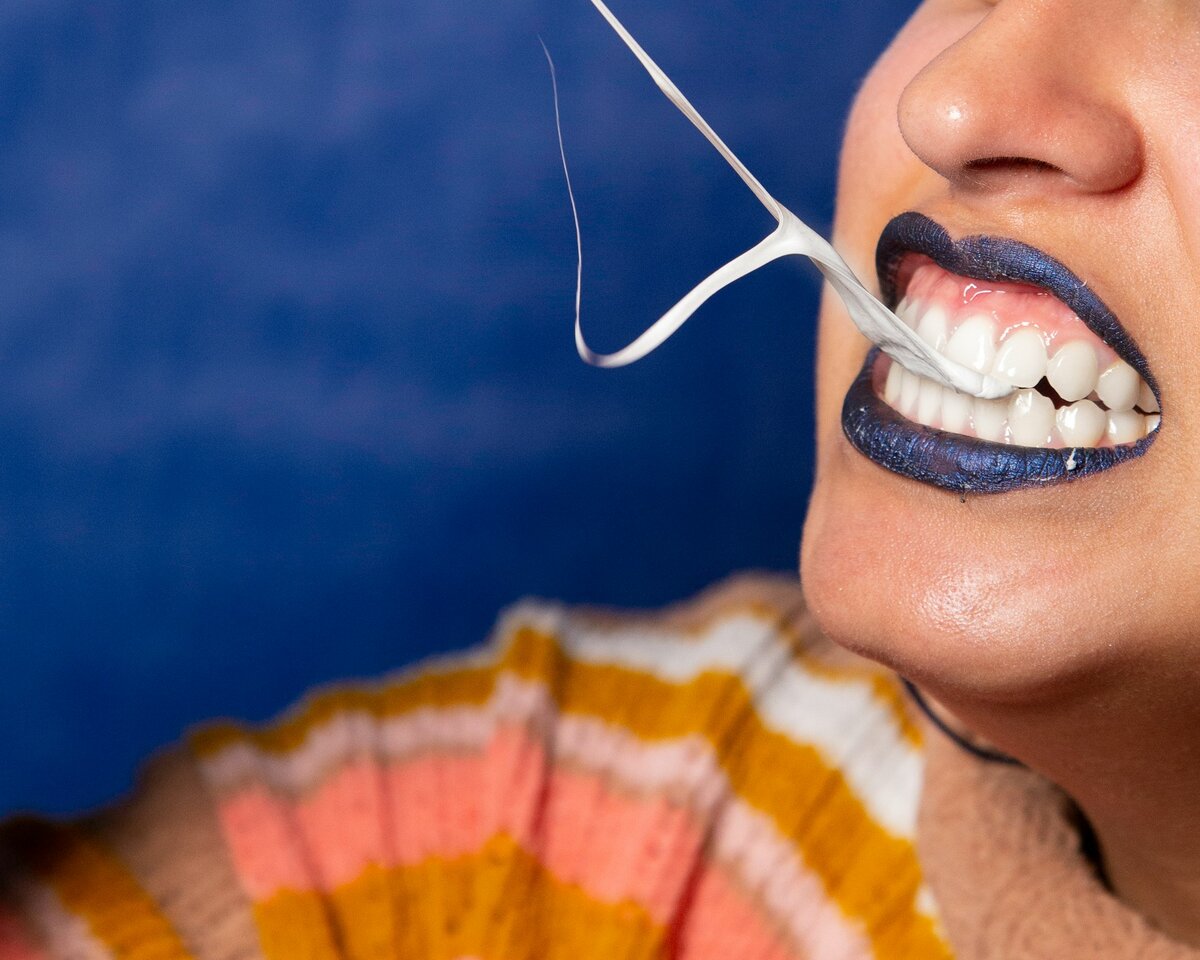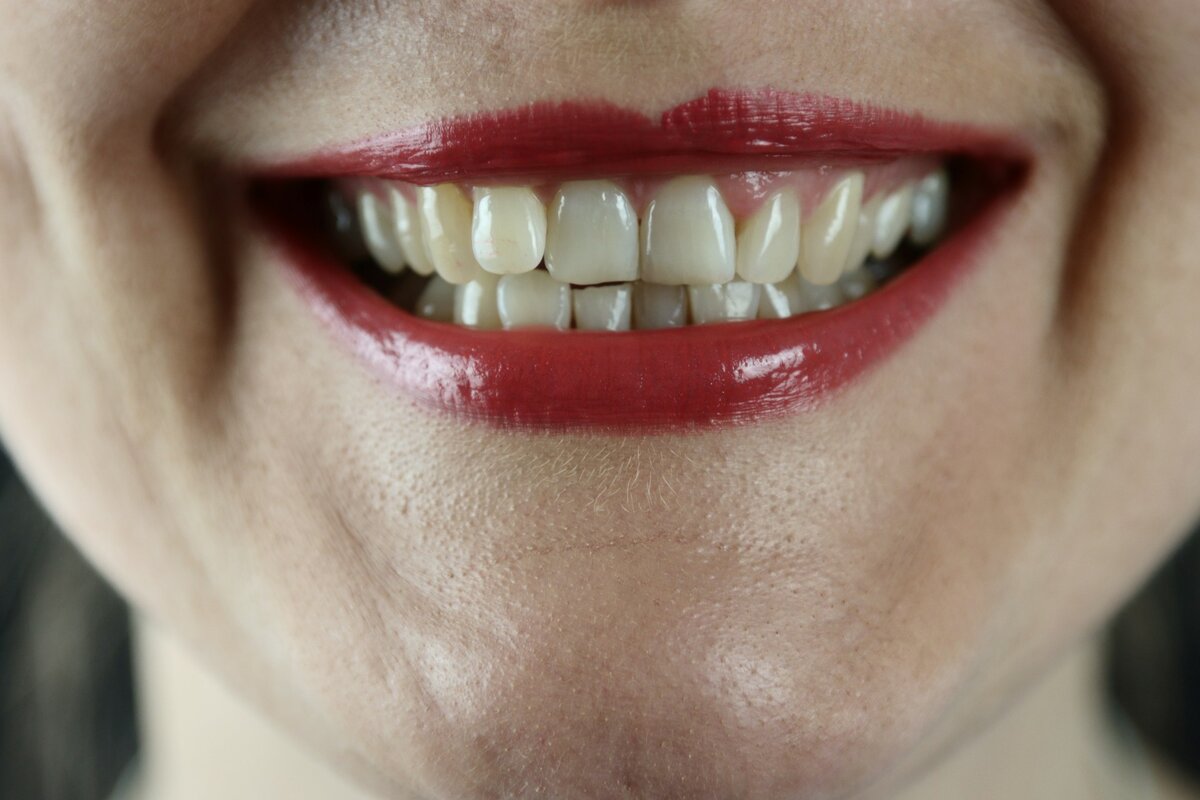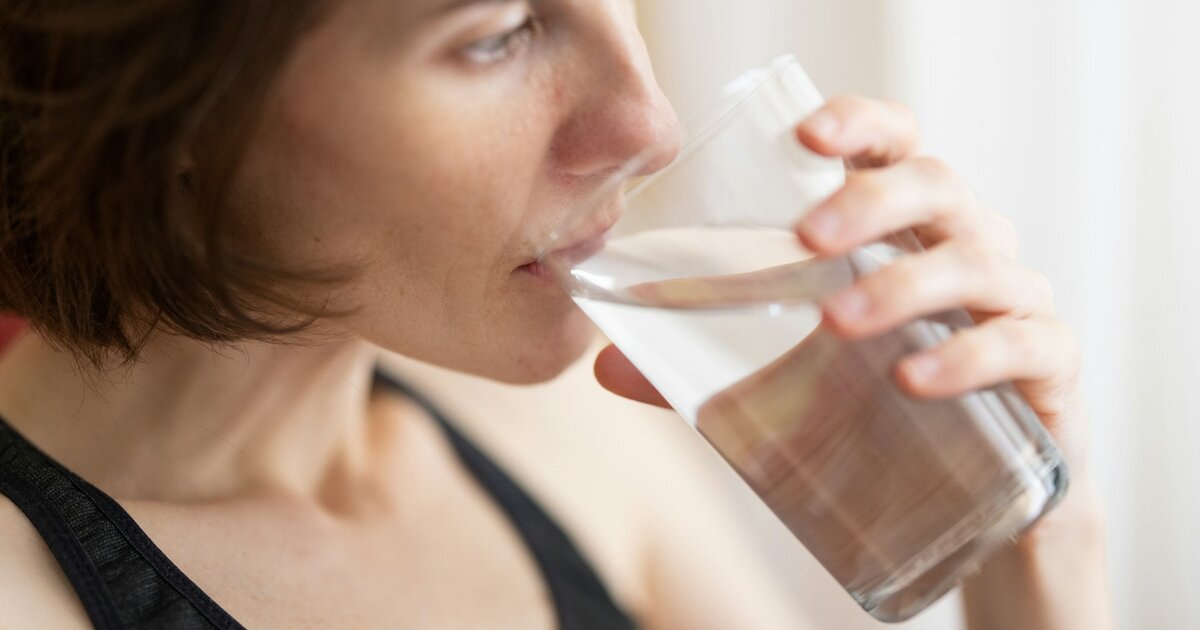When you think about staying hydrated, you might picture how water benefits your skin or energy levels, but its impact on your gums is just as crucial. Proper hydration helps maintain the saliva flow that shields gums from bacteria, laying the groundwork for a healthy mouth. Dive into the often-overlooked relationship between gum and water and keeping your gums in tip-top shape.
On this page:
What Does Water and Gum Do for Nutrient Synergy?
Your gums, like every other part of your body, need a steady flow of nutrients to stay healthy. And here’s where the magic happens: water acts as a carrier for these essential vitamins and minerals, delivering them to your gum tissue.
Imagine your gums as a garden. Just as plants need water to absorb soil nutrients, your gums need hydration to soak up vitamins from your bloodstream. Vitamin C and calcium, for example, are superstars for gum health. Vitamin C, found in citrus fruits and leafy greens, helps form collagen in your gums, keeping them strong and resilient. Calcium, on the other hand, which you can get from dairy or fortified plant milks, fortifies the bones that support your teeth.
Now, without enough water, your body can’t transport these nutrients efficiently. This can leave your gums undernourished, making them more vulnerable to inflammation and disease. Plus, a well-hydrated body produces saliva, which not only washes away food particles and bacteria but also brings a dose of enamel-strengthening minerals to your teeth.
So, drinking plenty of water isn’t just about quenching thirst; it’s about making sure those gum-loving nutrients get where they need to go. Think of it as teamwork: water and nutrients join forces to keep your gums hydrated, nourished, and ready to fight against gum disease.
Hydrate to Combat Dry Mouth and Protect Your Gums
Without drinking enough water, your body can’t produce enough saliva, which is essential for keeping your mouth moist. Saliva plays a crucial role in washing away food particles and neutralizing acids produced by bacteria in the mouth. These acids can harm your gums and teeth.
If you have dry mouth, also known as xerostomia, this can lead to various oral health problems, including gum disease. When your mouth is dry, it creates an environment where bacteria can thrive, putting your gums at risk. Drinking water regularly helps maintain the necessary saliva flow to keep your mouth clean and your gums protected.
Staying hydrated isn’t just about quenching thirst; it’s a key part of gum health. Every time you drink water, you’re helping to rinse away bits of food and bacterial film (plaque) that sticks to your teeth and gums. Think of it as a gentle, continuous cleaning for your mouth throughout the day.
When you’re well-hydrated, your gums stay moist and healthy. This is important because healthy gums are the foundation of strong teeth. They fit snugly around your teeth, keeping them in place and protecting the sensitive roots from bacteria.

To keep your gums in top shape, it’s recommended to drink water throughout the day. If you’re active, or if the weather is hot, you may need more water to stay hydrated. Listen to your body, and don’t wait until you’re thirsty, as this can be a late sign of dehydration.
Water as a Catalyst for Strengthening Tooth Enamel
Tooth enamel, which is the hard outer layer of your teeth, is the first line of defense against cavities and decay. But enamel isn’t invincible; it needs minerals to repair itself and stay tough. That’s where water comes in.
Drinking water, especially if it’s fluoridated, is like giving your teeth a health boost. Fluoride is a natural mineral that can strengthen tooth enamel. Think of it like a shield; it can help prevent cavities and even reverse early signs of tooth decay. When you drink water with fluoride, you’re bathing your teeth in this protective mineral.
Every time you take a sip of water, you’re also washing away bits of food and bacteria that can lead to plaque buildup. Plaque is a sticky film that can weaken enamel over time, leading to cavities. By keeping your mouth clean with water, you’re cutting down the chance for plaque to hang around and cause trouble.
Also, saliva is your mouth’s natural way of cleaning teeth and neutralizing acids that can wear down enamel. But for saliva to do its job, it needs water. If you’re not drinking enough, your mouth can get dry, and that can put your enamel at risk. Staying hydrated helps make sure your saliva has all the water it needs to protect your teeth.
Unveiling the Benefits of Water for a Cleaner Mouth
Water and gum aren’t just essentials for staying alive; they are also key players in maintaining a clean mouth. When you drink water, it washes over your teeth and gums, sweeping away food particles and bacteria that could lead to plaque buildup. This natural cleansing process is super important because plaque is a major enemy of a healthy mouth, setting the stage for cavities and gum disease if it’s not kept in check.
Every time you take a sip, you’re also helping to balance the pH levels in your mouth. A balanced pH level is less inviting for harmful bacteria that love an acidic environment to thrive and cause trouble. Plus, water doesn’t have any sugar or acids that could harm your teeth, unlike most other drinks. So, it’s a safe choice for frequent sipping throughout the day.

While water can help clean your mouth, it doesn’t replace brushing and flossing. But it’s a great sidekick, supporting your daily dental care routine.
Expert Tips for Maintaining Optimal Gum Health with Water
First off, sipping water throughout the day can help wash away food particles and bacteria that could otherwise lead to plaque buildup. It’s like a gentle, ongoing rinse cycle for your mouth.
Another great move is to finish meals with a swig of water. This can help to dislodge food stuck in your teeth and reduce the acidity in your mouth, creating a less inviting environment for harmful bacteria. Plus, it’s an easy habit to adopt.
Chewing sugar-free gum can also be a good ally for your gums, as it boosts saliva production. Saliva is nature’s way of keeping your mouth moist, and it’s full of minerals that help keep your teeth strong. When you combine this with regular water intake, you’re giving your gums a double dose of protection.
For those times when brushing isn’t an option, understanding what does water and gum do can be a quick fix to remove food particles and reduce the chance of bacterial growth. Think of it as a mini mouthwash session that can tide you over until you can brush and floss properly.
Lastly, staying hydrated is essential, not just for your overall health but also for the health of your gums. A well-hydrated body means a well-hydrated mouth, which is less likely to succumb to gum disease.
Elevating Your Oral Health with the Power of Gum and Water
Understanding the synergy between gum health and hydration is key to elevating your oral care routine. By now, it’s clear that water isn’t just a thirst-quencher—it’s an essential ally in maintaining a clean, healthy mouth. It washes away food particles, combats dry mouth, and even strengthens tooth enamel. But let’s not forget the simple act of chewing sugar-free gum, which can boost saliva production and help keep your gums in top shape. Integrating these elements into your daily habits can lead to significant improvements in your oral health. So keep sipping that H2O and reaching for a stick of gum—your teeth and gums will thank you for it.
